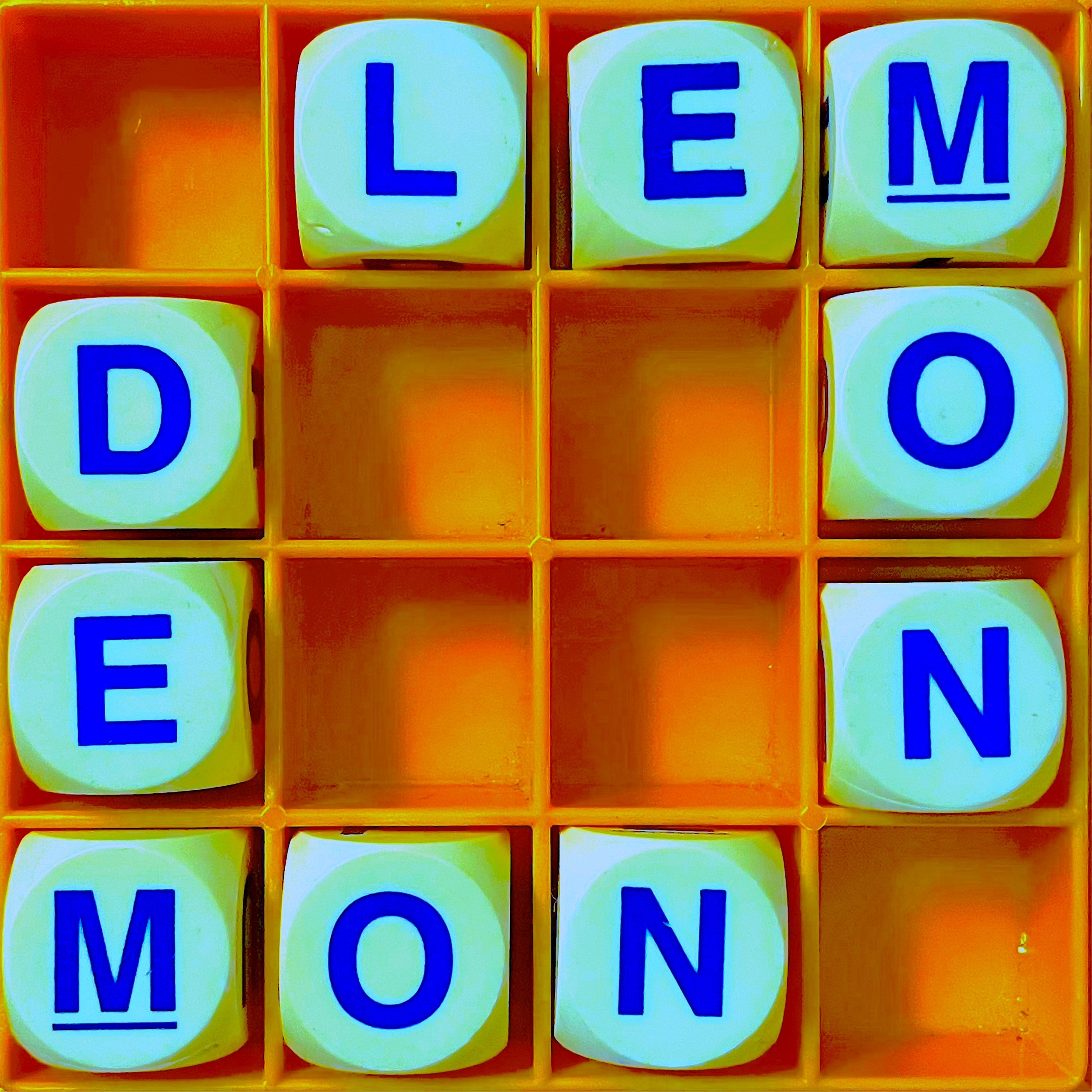AJ JACOBS: Anagrams played a part in a trial, sort of a witch trial in the 1600s in the UK. And it was a woman who was put on trial for claiming that she was a prophet. Part of her proof was that if you rearrange the letters in her name - her name was Eleanor Davies - if you rearrange it, then it says, ‘Reveal, O Daniel’, as in the prophet Daniel. I don't believe that that was proof she was a prophet. They came down on her hard in the trial, so they said, “If you rearrange” - her married name was Dame Eleanor Davies - “and you rearrange those letters, it spells ‘Never So Mad A Lady;.” So like, “she's so crazy.” So that was how she was convicted. And by the way, that was when anagrams were easier, because there were so many spellings.
Read moreAllusionist 92. To Err Is Human - transcript
SUSIE DENT: There never has been a golden age when everything was as it should be ever. Even though we tend to think that English is now at its most dumbed down, always; I think every generation has thought that.
Read moreAllusionist 16: Word Play - transcript
LESLIE SCOTT: Not many people realise the success of Scrabble is based on a statistician figuring out the scoring system - it's the first time someone had a word game where the score of the word game was based on him researching very thoroughly the number of times a particular letter was used. He scoured the New York Times for years counting how many times an E comes up, a Z, etc. Hence the numbers of those letters in the stack to start with was based on this, as is the scoring. And it works, whether or not you like the game. We have a mathematician to thank.
HZ: Probably why it’s not fun.
HZ: Sorry, Scrabble. But a game where you can triumph just by memorizing every two letter word will never have my affection.
Read more


